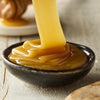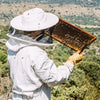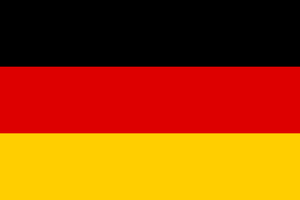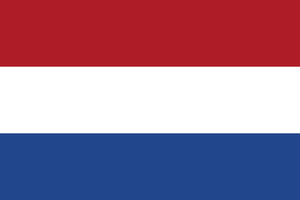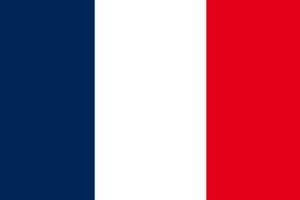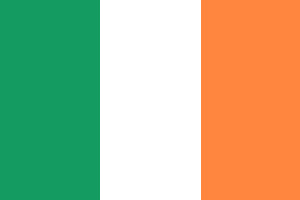Advice published today by NHS watchdog Nice and Public Health England, confirms what many of us have known for years, that honey and lemon should be the first line of treatment for patients with a cough.
New health advice follows experts’ concern that Doctor’s too often dole out antibiotics for coughs and colds. People suffering from a cough are to be told to drink honey and lemon rather than take antibiotics in the battle against superbugs, official new health advice has declared.
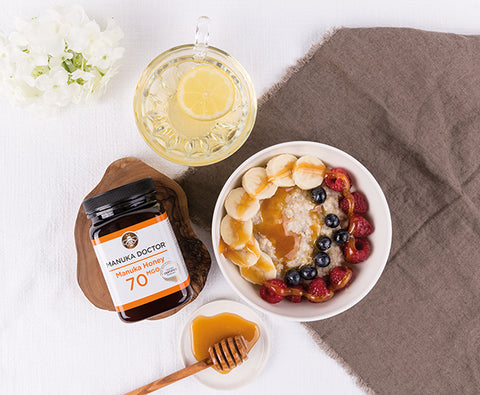
Experts are increasingly worried that doctors too often dole out antibiotics for viral coughs and colds, for which they are rarely necessary. The over-use of these drugs means superbugs are evolving to resist treatment – making antibiotics useless against more serious infections.
The new draft guidelines, which are aimed at both GPs and patients, say antibiotics make little difference to cough symptoms.
Dr Tessa Lewis, of Nice, said: 'In the committee's view, taking a spoonful of honey or a honey and lemon drink is a good first step a person can take for self-treatment for a cough. Honey is a natural remedy which has been tried and tested for generations. Some people really believe in its benefits. We believe it is one treatment option which could be used by people in the first instance to reduce cough. A trial suggests honey can reduce the severity and frequency of cough after a day but doesn't have a significant effect on sleep quality for parents and children.'
Nice cited a 2014 study of 568 people which found a 10g spoonful of honey significantly reduced the frequency and severity of coughs within a day. Dr Lewis stressed that babies under one year of age should never be given honey because of the risk of infant botulism. But she added that most coughs can be dealt with.
She said: 'If someone has a runny nose, sore throat and cough we would expect the cough to settle over two to three weeks and antibiotics are not needed. If the cough is getting worse or the person feels very unwell or breathless then they would need to contact their GP.'
Dr Susan Hopkins, of Public Health England, said: 'Antibiotic resistance is a huge problem and we need to take action now. Taking antibiotics when you don't need them puts you and your family at risk of developing infections which in turn cannot be easily treated. These new guidelines will support GPs to reduce antibiotic prescriptions and we encourage patients to take their GPs' advice about self-care.'
Professor Mark Baker, director of the centre for guidelines at Nice, said: 'We are keen to highlight that in most cases antibiotics will not be necessary to treat a cough. We want people to be offered advice on alternatives that may help ease their symptoms.'
The Commons Science and Technology Committee reported in 2014 that GPs dole out antibiotics to 'placate' patients and the practice was fuelling a growth in antibiotic resistance.

Mānuka Honey from New Zealand has long been hailed as the go-to treatment for coughs and colds and here’s why...
Mānuka honey is derived from bees that forage on the Mānuka bush (Leptospermum scoparium). The nectar from the Mānuka Bush is known to have significant levels of non-peroxide antimicrobial activity (NPA). This is what makes Mānuka honey a special honey.
There is a direct relationship between the NPA of Mānuka honey and the concentration of Methylglyoxal (MGO). MGO in Mānuka honey is derived from dihydroxyacetone (DHA) which is naturally present in the nectar of the Mānuka Bush. Laboratory tests have shown that MGO displays antimicrobial properties and its level within Mānuka honey can be related to the killing of some bacteria. An antimicrobial is an agent that kills microorganisms or stops their growth.
The primary difference between antibacterial and antimicrobial substances is the type of microorganism they act upon. While antibacterial products prevent the development of bacteria, antimicrobial products have the ability to kill or slow the spread of microorganisms.
In December 2017, the New Zealand Ministry for Primary Industries (MPI) finalised a robust and sophisticated scientific definition that can be used to authenticate New Zealand Mānuka Honey.
The scientific definition for Mānuka honey is essential to maintain New Zealand Mānuka Honey’s premium position and so giving customers the assurances needed to be confident that they are buying authentic and genuine New Zealand Mānuka honey.
The MPI Mānuka honey definition is made up of a combination of 5 attributes (4 chemicals from nectar and 1 DNA marker from Mānuka pollen) and splits Mānuka honey into a premium monofloral or an everyday multifloral Mānuka Honey. All Manuka Doctor Mānuka honey meets the MPI’s definition of Mānuka honey and has been Tested and Certified as New Zealand Mānuka Honey.
Manuka Doctor MGO 40, 55, 70 and 85 MGO has met the MPI’s definition of Multifloral Mānuka Honey and Manuka Doctor MGO 100, 140, 240 and 340 MGO meets the Monofloral definition.
The number on the front of the pot represents the mg per kg of MGO (Methylglyoxal) and the related strength of Antimicrobial Activity, which is known to kill certain types of bacteria. The greater the number, the stronger the Antimicrobial Activity.
Manuka Doctor premium Monofloral Mānuka Honey has a higher concentration of Mānuka pollen than Manuka Doctor Multifloral Mānuka honey.
At Manuka Doctor the real honey experts are our bees who gather pollen from the Mānuka bush (Leptospermum Scoparium). We simply make sure our products find you the way nature intended. We currently employee 20 beekeepers over the North and South Islands of New Zealand. These beekeepers set up their hives in wild uncultivated areas in which Mānuka bushes grow and look after approaching 60,000 hives, keeping our 3 billion bees happy and working hard.
Manuka Doctor's origins can be traced back to 1909, and as the day we were founded our honey products are unique and natural as the land they come from which is testament to our philosophy – nature’s best from New Zealand. Our own beekeepers place our tens of thousands of beehives all over New Zealand with the aim to collect high quality Mānuka Honey. Bring the raw comb into our own factory to produce the consumer ready pots which can be traced from Hive to Home. Giving you the assurance you have purchased a genuine New Zealand Mānuka honey and from the pollution free New Zealand environment ensuring that every jar is honey as nature intended.
Manuka Doctor is proud to be a New Zealand company whose hives and packing facility are in New Zealand and only sells 100% New Zealand Mānuka Honey, look for the 'New Zealand Made' logo on the side of every Manuka Doctor pot.


